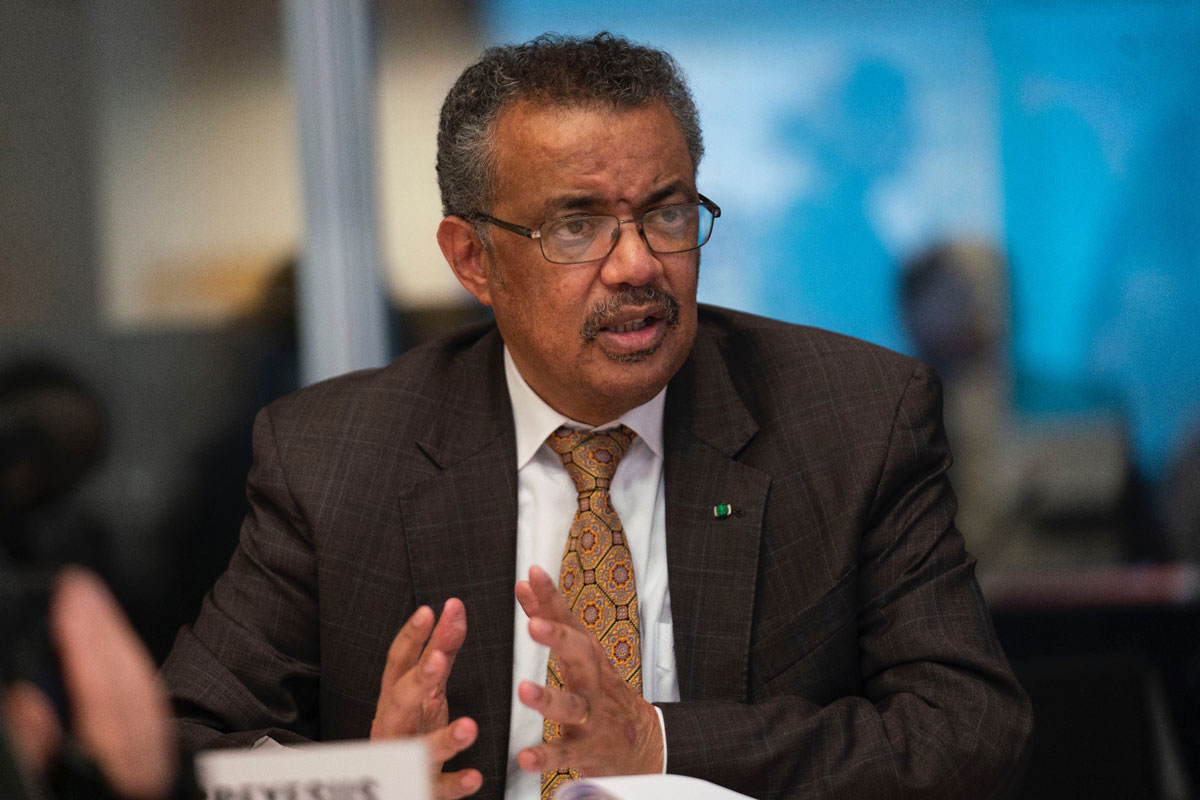
The World Health Organization (WHO) has declared the Novel Coronavirus outbreak as a public health emergency of international concern (PHEIC) on Thursday. But what does it actually mean?
According to the WHO, a PHEIC is defined as an “extraordinary event” that “constitute[s] a public health risk to other States through the international spread of disease” and “potentially require[s] a coordinated international response.”
This framework was defined in 2005, two years after the SARS infection spread through China, killing almost 800 people. Since then, it has been only used six times, with the most recent being Ebola in 2019.
A PHEIC allows the WHO to issue temporary recommendations. It is an opportunity for the organization to implement “non-binding but practically & politically significant measures that can address travel, trade, quarantine, screening, treatment. WHO can also set global standards of practice.”
What does Public Health Emergency of Intl Concern means?
— World Health Organization (WHO) (@WHO) January 30, 2020
WHO issues temporary recommendations. These are non-binding but practically & politically significant measures that can address travel, trade, quarantine, screening, treatment. WHO can also set global standards of practice
In a press conference held on Thursday, WHO Director-General Dr. Tedros Adhanom Ghebreyesus stated that the PHEIC is used to encourage countries to work together to contain a threat. He also highlighted that it is not about punishing China, or doubting their ability to work against the outbreak.
“This declaration is not because China is not doing what it can,” Dr Tedros said. “It’s actually doing more than what China is required to do. [The PHEIC is about] protecting countries with weaker health systems.”
As of now, the WHO advises countries not to unnecessarily restrict travel and trade to China, to support countries with weaker health systems, accelerate the development of vaccines and treatments, to stop the spreading of rumors and misinformation, to work to treat those infected while limiting spread, share knowledge with the WHO and other countries, and to work together.



Leave a comment
0 Comments